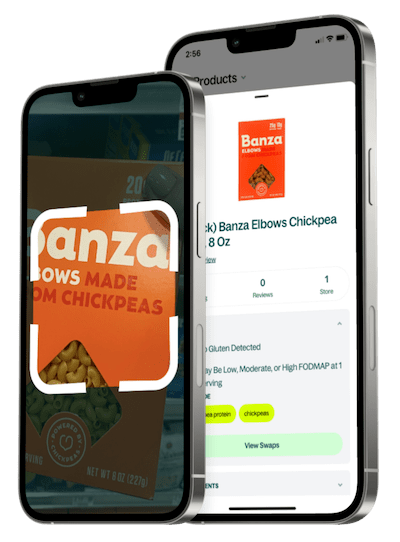Is Similac Pro Advance Vegan?


Ingredients
Fibre / Fibres, 2'-fucosyllactose (2'-FL), Ash / Cendres, Inositol, Lutein / Lutéine, Nucleotide Equivalents, Équivalents nucléotidiques., Vitamin A/Vitamine A, Vitamin D/Vitamine D, Vitamin E/Vitamine E, Vitamin K/Vitamine K, Vitamin C/Vitamine C, Thiamine, Riboflavin / Riboflavine, Niacin / Niacine, Vitamin B6 / Vitamine B6, Folic Acid / Acide folique, Vitamin B12 / Vitamine B12, Pantothenic Acid, Acide pantothénique., Biotin / Biotine, Choline, Sodium, Potassium, Chloride / Chlorure, Calcium, Phosphorus / Phosphore, Magnesium / Magnésium, Iron / Fer, Zinc, Iodine / Iode, Copper / Cuivre, Manganese / Manganèse, Selenium / Sélénium, Energy / Énergie, Protein / Protéines, Taurine, Carnitine, Tryptophan / Tryptophane, Fat / Lipides, Linoleic Acid / Acide linoléique, Linolenic Acid / Acide linolénique, Arachidonic Acid, Acide arachidonique (ARA), Docosahexaenoic Acid (DHA), Acide docosahexaénoïque (ADH), Carbohydrate / Glucides
What is a Vegan diet?
A vegan diet excludes all animal-derived foods, including meat, poultry, fish, dairy, eggs, and honey. It focuses on plant-based sources such as fruits, vegetables, grains, legumes, nuts, and seeds. Many people choose veganism for ethical, environmental, or health reasons. When well-planned, it provides sufficient protein, fiber, and antioxidants, though supplementation or fortified foods may be needed for nutrients like vitamin B12, iron, and omega-3 fatty acids. Vegan diets are associated with lower risks of heart disease and improved digestion but require mindfulness to ensure balanced and complete nutrition.


